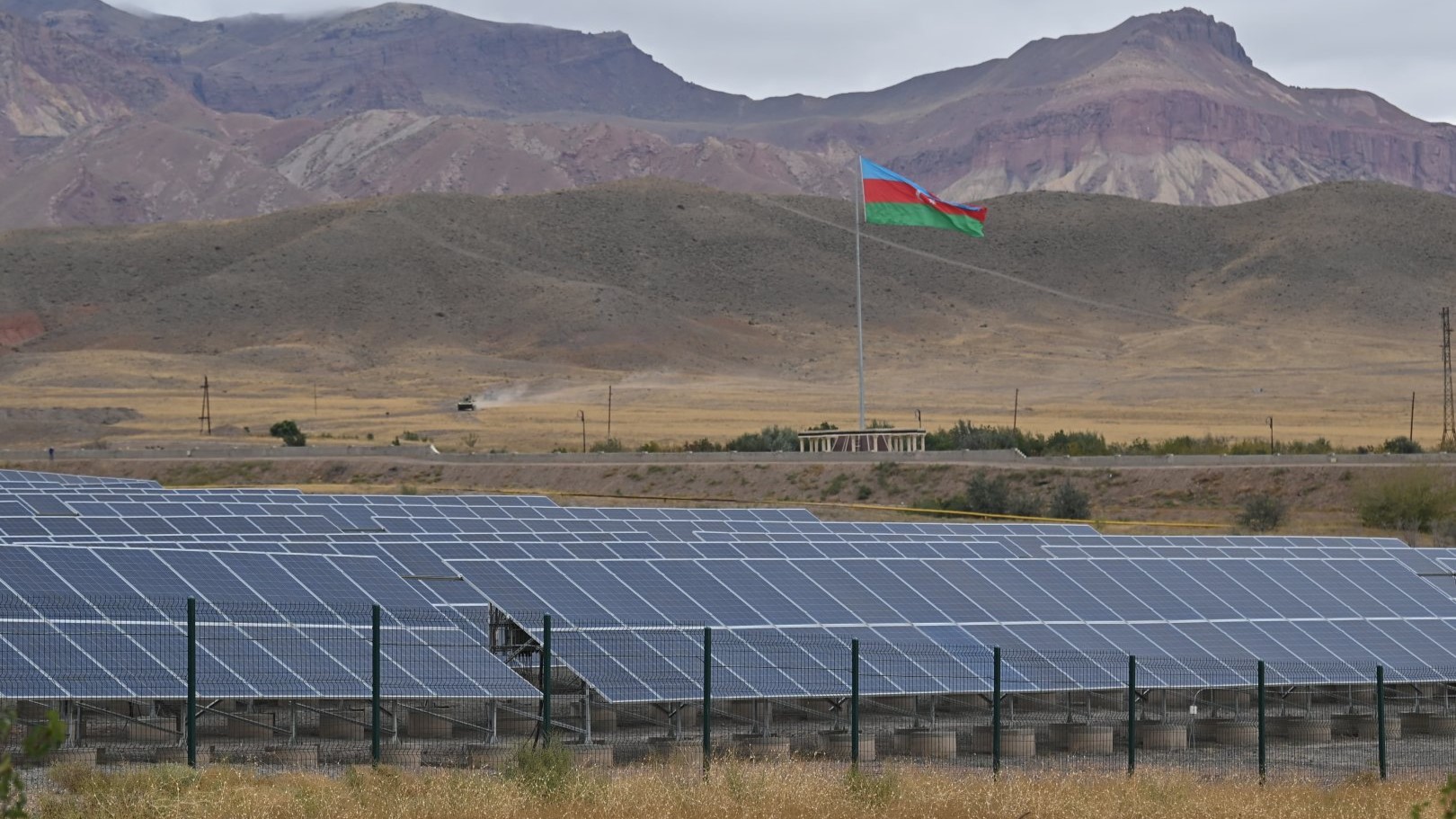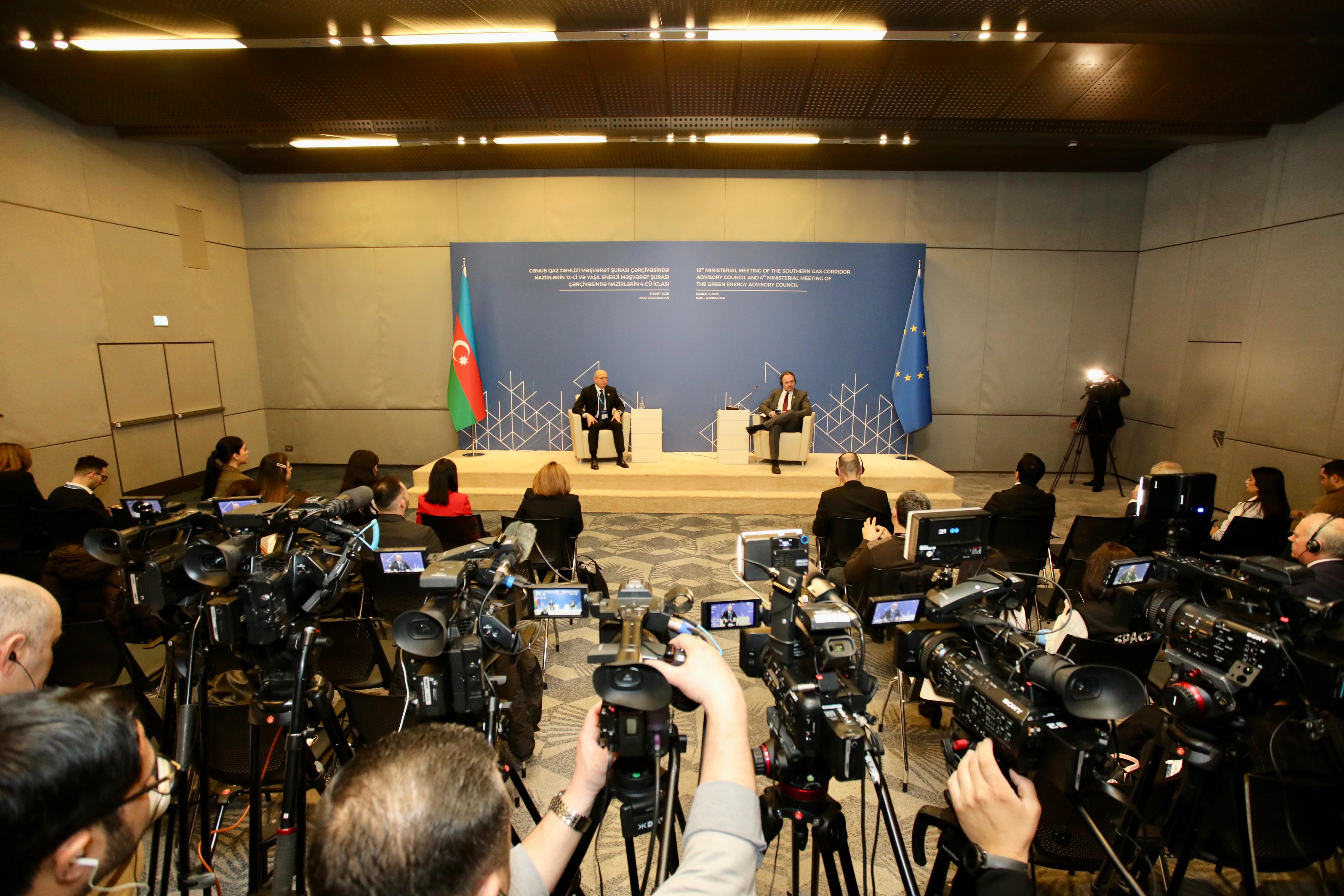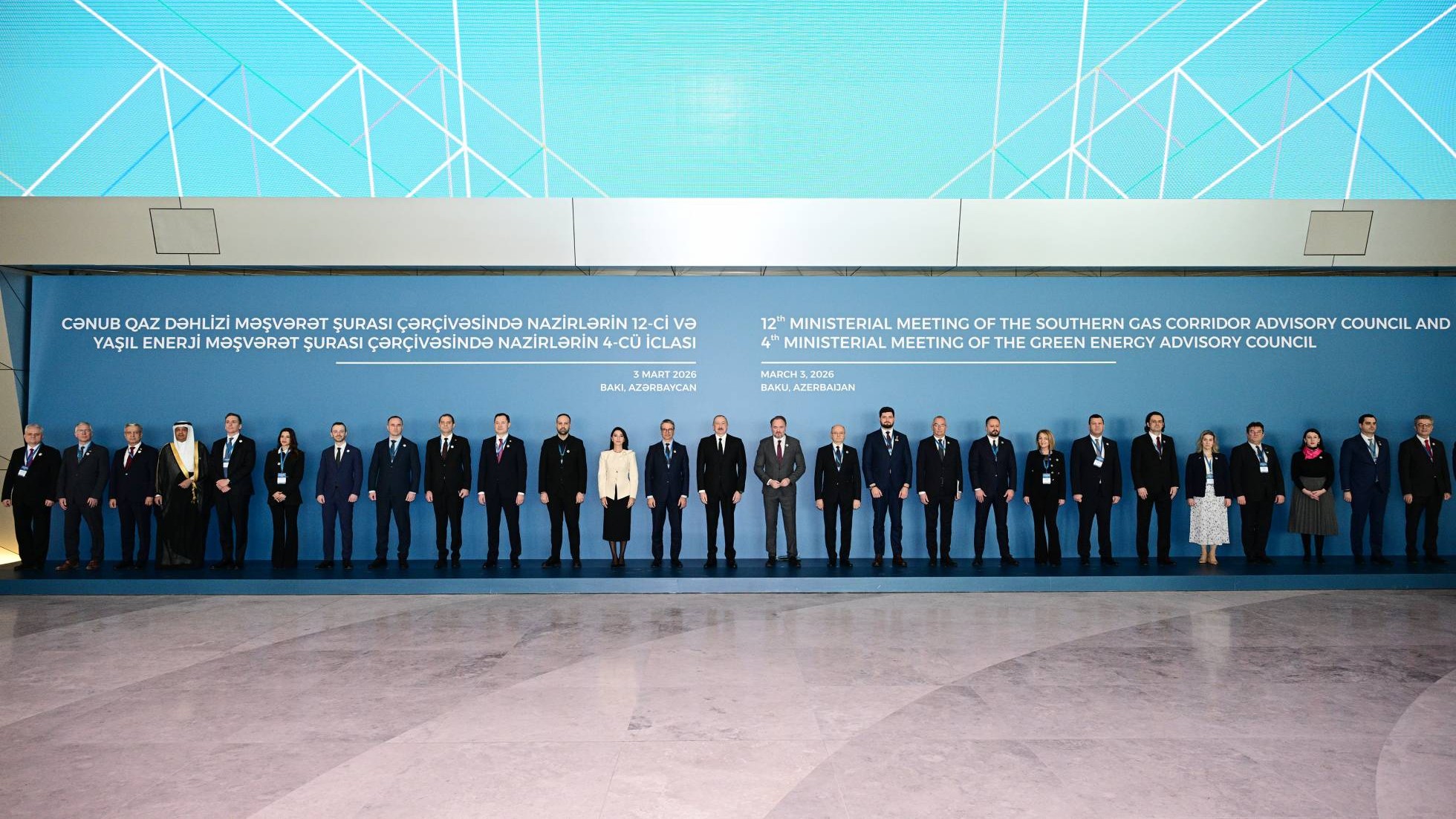Azerbaijan plans to amend the Land Code and the Law on the Use of Renewable Energy Sources in Electricity Production, which will allow agricultural land to be designated as renewable energy sites without changing its category or restricting its original purpose, Report informs referring to the updated Azerbaijan's Nationally Determined Contribution (NDC 3.0) review.
"The power sector is a critical component of the energy landscape, contributing significantly to the nation's GHG emissions. In 2022, the power sector accounted for approximately 21% of the country's total emissions, accounting to 14.4 MtCO2eq. The main source of emissions in this sector is the combustion of natural gas for electricity generation.
The sector has made significant progress in reducing emissions over the last two decades by shifting from fuel oil to natural gas. Additionally, unlike many other countries, Azerbaijan does not use coal for power generation, resulting in a relatively lower carbon footprint per kilowatthour (kWh) produced. However, there is still substantial potential to further improve efficiency and increase the adoption of RES," reads the update.
Considering that decarbonization efforts in other high-emission sectors are primarily driven by electrification, particularly in industrial processes, buildings, and transportation, electricity demand is expected to increase.
This increase would lead to higher emissions from the current conventional power system. The implementation of this pathway is contingent upon solutions for the limitations mentioned above, cooperation with international partners as well as securing international funding for the least economically attractive levers.
These goals are planned to be achieved through various measures designed to transform power generation into a more sustainable and environmentally friendly sector. Key abatement measures include upgrading power transmission and distribution infrastructure, expanding renewable energy capacity with a focus on solar and wind, deploying long-duration energy storage (LDES) batteries, replacing Open-Cycle Gas Turbines (OCGTs), as well as gas engine plants with CCGTs. Together, these measures are expected to drive notable emission reductions while ensuring energy security and grid reliability.
"With strategic plans of exporting green energy, including electrons and molecules, the country has linked its economic plans closely to domestic decarbonization efforts, including at scale deployment of offshore wind capacities, electrolyzers, and other infrastructure development and upgrades. This strategy not only supports global decarbonization initiatives but also enhances the domestic energy landscape by integrating RES and further reducing the reliance on high-emission fuels. Given that variable renewable energy solutions mentioned in the decarbonization pathway would also be capable of producing electricity more than it is demanded, excess supply of energy is intended to be diverted to export markets, which will be strengthened further with the introduction of battery and storage facilities, thus contributing to regional decarbonization efforts.
Attaining to NDC 3.0 target will require substantial investment with the largest portion of capital expenditure (CapEx) allocated to renewable power. Significant CapEx will also be necessary for grid upgrades and the expansion of solar capacities. However, these investments will yield operational expenditure (OpEx) gains through the shift from higher cost gas-fired power plants to RES, reducing the marginal costs of electricity production."








